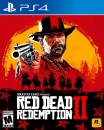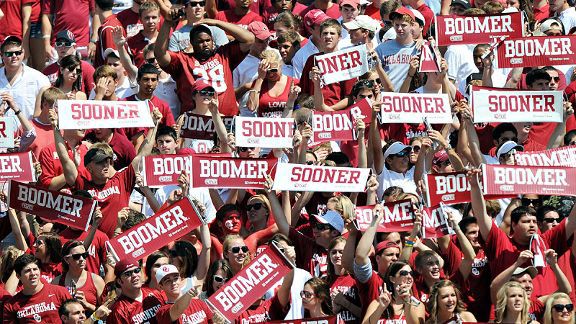RolStoppable said:
Cerebralbore101 said:
I agree that processing power is not a good metric for a consoles success but...
Switch's processing power isn't as much of an issue for several reasons. It's a hybrid console, so many people view it as a handheld with very strong processing power alal PSP, or Vita. It gets a lot of 3rd party ports of games that initially launched on the more powerful two consoles. I can't even name a single Wii U game that was a port from the XB1 or PS4. At $299 with 32 GB of memory and portability Switch has a good price to performance/features ratio. At $350 for a 32 GB version or $300 for an 8 GB version and no portability Wii U had a bad price to performance/features ratio.
|
...but you can't ditch that line of reasoning anyway.
Switch's processing power isn't an issue because prospective buyers don't consider a price to performance ratio to begin with. If price to performance ratio played a role, the GameCube would have sold a whole lot better. Nevermind that Switch's price to performance ratio was deemed awful by lots of people, hence why the vast majority got Switch lifetime sales predictions very wrong.
Applying a price to performance ratio to the history of Nintendo consoles doesn't yield consistent results, hence why it's an entirely useless metric.
|
-_- Really? Just because I pointed out the errors in your rebuttal to an argument that I know to be faulty, you think I'm for that sort of argument? Really? Maybe you haven't paid attention to my posts for the past six years. I don't know how many thousand times I've posted that graphics don't matter. But okay.
Gamecube lacked a DVD player, which made its price to features/performance ratio bad compared to the other two consoles. During the Switch's reveal a lot of posters here had given up on Nintendo entirely. Wii U was a travesty. All of 2016 was one massive dry spell for the console with the only great game being Fire Emblem x SMT. Being downtrodden, they took the least optimistic line of reasoning.
I agree that applying a price to performance ratio doesn't predict squat for Nintendo consoles. That's why I said price to performance/features ratio. Gameboy, GBA, DS, Wii, and Switch have all sold based on their price to performance/features ratio. Gameboy wouldn't have sold if it didn't have a stupidly long battery life. The GBA SP's folding design was a godsend. DS had the touchscreen. Take motion controls away from the Wii and it's just another Gamecube. Take the portability away from the Switch and it's a regular console.
But you ignored the phrase "price to performance/features", and instead attacked the strawman of "price to performance".
I know a lot of people have come on these boards over the years asking for another Gamecube, and arguing that if Nintendo just made a console as powerful as the other two they would be back int the game. But please don't lump me in with them.






























































